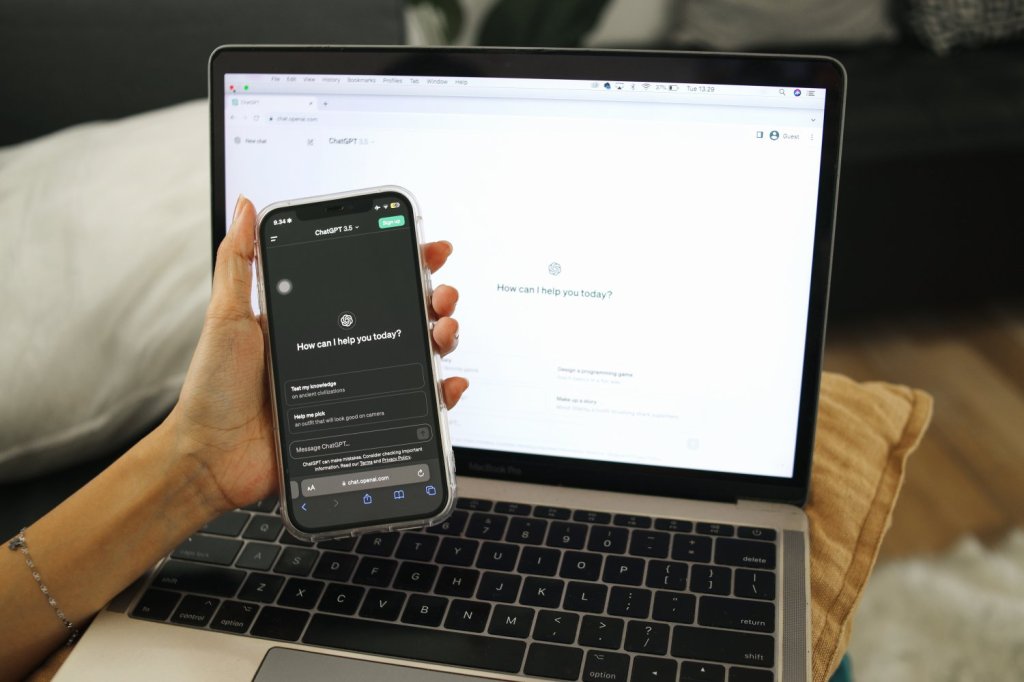Knowledge centre
News, guides, and free downloads for small businesses and landlords
A free monthly newsletter with the latest news and tools for small businesses and landlords.
Latest small business news
-

Where are hosepipe bans – and is my small business exempt?
Hosepipe bans have been introduced in many parts of the UK, and you may be wondering if this affects how you run your business. Learn more.
3-minute read
-

Decent Homes Standard: 1 in 5 properties need improvements
Find out how this part of the Renters’ Rights Bill could affect you.
5-minute read
-

How to create a business website (step-by-step guide)
A rundown of website builders and steps to creating your own small business website.
11-minute read
-

Fair Payment Code – is it helping small businesses?
Have the government’s initiatives made a difference to late payments?
3-minute read
-

Four scams that target small businesses
Find out the strategies scammers use to trick business owners.
5-minute read
-

Rising costs force small businesses to increase prices
See the key takeaways from our SME Insights Report 2025.
4-minute read
-

Renters’ Rights Bill – what do landlords need to know?
The government plans to ban Section 21 evictions and limit rent increases.
11-minute read
Recent how-to guides and business tips
-

3-minute read
Where are hosepipe bans – and is my small business exempt?
Hosepipe bans have been introduced in many parts of the UK, and you may be wondering if this…
-

10-minute read
Self Assessment payment on account: guide for 2025-26
Learn more about payment on account – including key dates and how to pay.
-

7-minute read
Tax year dates for small businesses – important dates to remember
Tax year dates occur throughout the year, so make sure you’re prepared.
-

10-minute read
Must-have money making apps to diversify your income
Whether you’re looking for extra cash or additional clients, here’s our roundup.
-

6-minute read
How to write great ChatGPT prompts for your business
Find out how to master prompts for your business.
-

5-minute read
How to work out profit margin – an online business profit margin calculator
How do you work out profit margin and markup for your small business?
Top trending articles
Are you prepared for Making Tax Digital?
From 2026, there’ll be a phased switch to Making Tax Digital – changing how small business owners and landlords pay income tax. Make sure you’re prepared.

Making Tax Digital for business income tax
Making Tax Digital will affect how you pay income tax from 2026.
5-minute read
Meet our experts
Our writers have a wealth of knowledge and experience writing for small business owners and landlords. Find out more about them here.
We create this content for general information purposes and it should not be taken as advice. Always take professional advice. Read our full disclaimer






